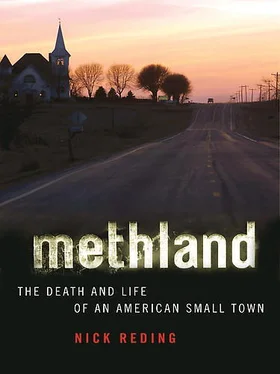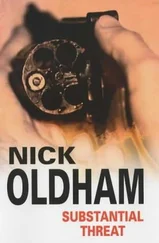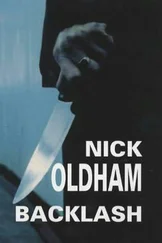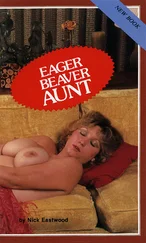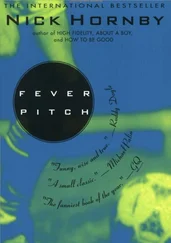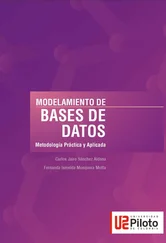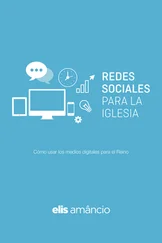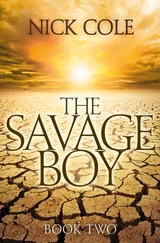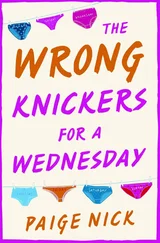‘Vicious cycle’ is not an adequate term. As Reding painstakingly presents it, the production, distribution and consumption of methamphetamine is a self-catalyzing catastrophe of Chernobylish dimensions. The rich, with their far-off, insulated lives, get richer and more detached, while the poor get high and, finally, wasted… What’s clear is that the golden rolling heartland that Americans used to think symbolized stability beats fitfully and irregularly still and almost certainly remains inclined to seek out sources of chemical optimism. And no one, least of all Reding, who knows what’s what on an intimate, human level as well as on the astral plane of globalism, can tell us where it will all end.”
—Walter Kirn,
The New York Times Book Review
“This is a strong book, and it tells a complicated story in comprehensible, human dimensions. Like all good journalism, it’s the hand holding up the mirror, the friend telling us to take a cold, hard look at ourselves.”
—
Los Angeles Times
“The strength of Methland lies in its character studies. As a ‘social problem’ meth is dull and intractable, as are all such problems; reduced, or rather elevated, to the individual level, it is piercing and poignant.”
—
The Wall Street Journal
“Small-town residents, the story goes, are honest, hard-working, religiously observant and somehow just more American than the rest of America… Reding reveals the fallacies of this myth by showing how, over the past three decades, small-town America has been blighted by methamphetamine, which has taken root in—and taken hold of—its soul…
Oelwein serves as a case study of the problems many small towns face today. Once a vibrant farming community where union work and small businesses were plentiful, Oelwein is now struggling through a transition to agribusiness and low-wage employment or, alternatively, unemployment. These conditions, Reding shows, have made the town susceptible to methamphetamine… [He] tracks the decline—and, ultimately, the limited resurgence—of Oelwein, while also examining the larger forces that have contributed to its problems. He links meth to the gathering power of unregulated capitalism beginning in the 1980’s. It was then, he argues, that one-time union employees earning good wages and protected by solid benefits… began to see their earnings cut and their benefits disappear. Undocumented migrants began taking jobs at extraordinarily low wages, thereby depressing the cost of labor.
Meth, with its opportunity for quick profit and its power to make the most abject and despondent person feel suddenly alive and vibrant, found fertile ground. Meanwhile, in Washington, pharmaceutical lobbyists were working hard to keep DEA agents from attempting to limit access to the raw ingredients; ephedrine and pseudoephedrine, meth’s core precursors, were simply too vital to the lucrative allergy-remedy market…
Reding positions the meth epidemic as the triumph of profits over the safety and prosperity of America’s small-town inhabitants. But meth hasn’t always been seen as a menace. In fact, Reding explains, ‘methamphetamine was once heralded as the drug that would end the need for all others.’
First developed by a Japanese chemist at the end of the 19th century, meth was, by the middle of the 20th century, embraced by many in government and industry as a wonder drug… Among the biggest culprits in the spread of the meth epidemic, Reding argues, are the media, which, he says, have gone from obliviousness to obsession to a premature declaration of the end of the meth problem, and finally the pronouncement that there never was a meth problem in the first place…
Methland makes the case that small-town America is perhaps not the moral and hard-working place of the public imagination, but it also argues that big-city ignorance—fueled by the media—toward small-town decay is both dangerous and appalling.”
—
The Washington Post
“Methland is a stunning look at a problem that has dire consequences for our country.”
—
New York Post
“A powerful work of reportage… a clear-eyed look at a scourge that continues to afflict wide swaths of American society—whether we want to acknowledge it or not.”
—
The Plain Dealer (Cleveland)
“Through scrupulous reporting and fierce moral engagement, Reding conveys the tragedy of the meth epidemic on both a micro- and macroscopic level.”
—
The Village Voice
“Reding’s group portrait of Oelwein’s residents is nuanced and complex in a way that journalists’ depictions of the rural Midwest rarely are; he has a keen eye for details.”
—
The Washington Monthly
“What’s most impressive about Methland is not only the wealth of information it provides but the depth of Reding’s compassion for the individuals meth has touched: the heroes, the helpless witnesses, the innocent victims—and even the perpetrators—of this American crisis.”
—Francine Prose,
O, The Oprah Magazine
“ Methland tells a story less about crime than about the death of an iconic way of life.”
—
Details
“ Methland is definitely worthwhile reading. In some circles it should be required reading. This isn’t just a small town issue or an Iowa issue. This is an American issue.”
—
Oelwein Daily Register
“ Methland explains so much that it ought to be read by anyone who is at all interested in why this country continues to divide between rich and poor, educated and un-schooled, rural and urban. Most of all, Methland reminds us that people who confront their devils, inside and out, sometimes find a way to beat them.”
—Bill Bishop, author of
The Big Sort: How the Clustering of Like-Minded America Is Tearing Us Apart and coeditor of the Daily Yonder, an online news source from the Center for Rural Strategies

Copyright © 2009 by Nick Reding
All rights reserved. No part of this book may be used or reproduced in any manner whatsoever without written permission from the publisher except in the case of brief quotations embodied in critical articles or reviews. For information address Bloomsbury USA, 175 Fifth Avenue, New York, NY 10010.
Published by Bloomsbury USA, New York
Some of the names in this book have been changed.
All of the events portrayed are completely factual.
All papers used by Bloomsbury USA are natural, recyclable products made from wood grown in well-managed forests. The manufacturing processes conform to the environmental regulations of the country of origin.
LIBRARY OF CONGRESS CATALOGING-IN-PUBLLICATION DATA
Reding, Nick.
Methland : the death and life of an American small town/Nick Reding.—1st ed.
p. cm.
Includes bibliographical references.
eISBN: 978-1-60819-156-7
1. Methamphetamine abuse—Iowa—Oelwein. 2. Methamphetamine—Iowa—Oelwein. I. Title.
HV5831.I8R43 2009
362.29’9—dc22
2008045398
First U.S. Edition 2009
1 3 5 7 9 10 8 6 4 2
Typeset by Westchester Book Group
Printed in the United States of America by Quebecor World Fairfield
